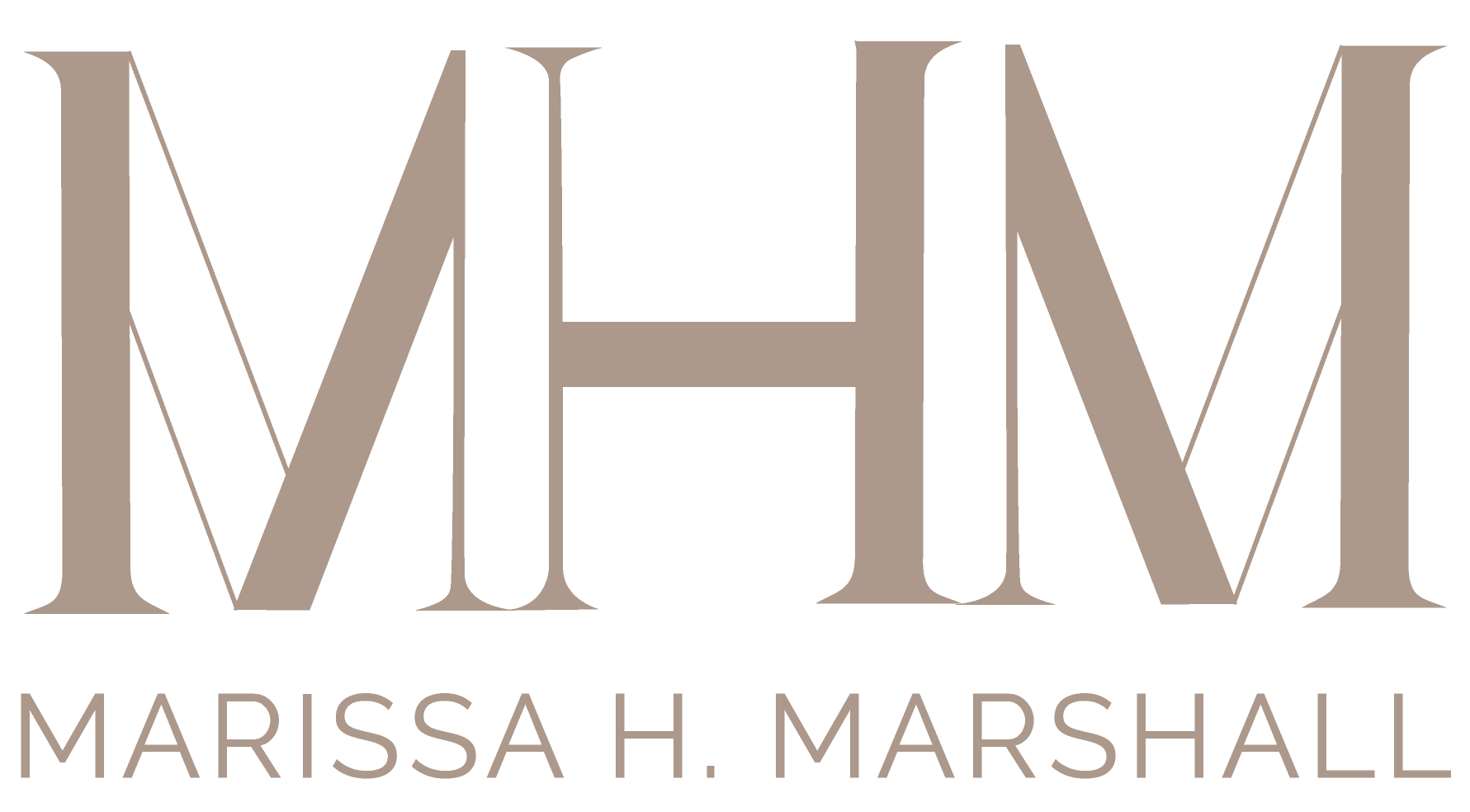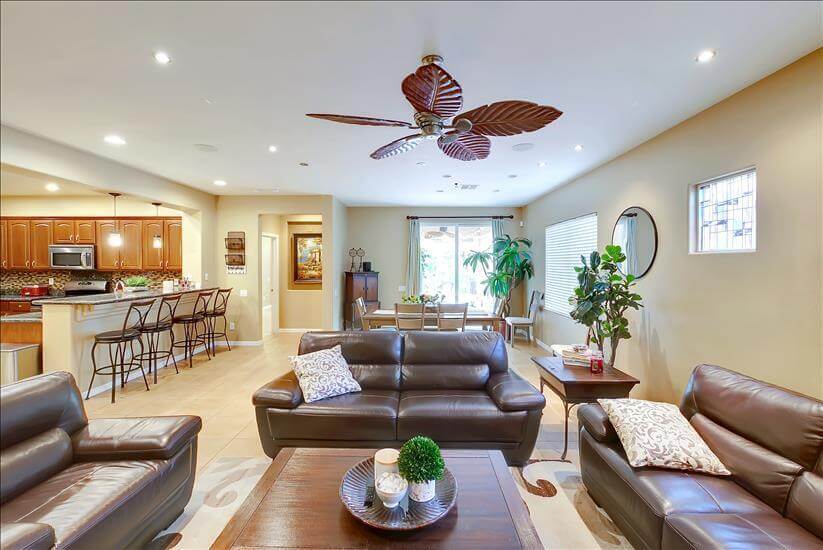When it comes to finding a new place to live in Las Vegas, individuals have the option of leasing either a furnished or unfurnished house. While the choice depends on personal preferences and circumstances, leasing a furnished house offers several advantages and drawbacks worth considering. In this article, we will delve into the benefits and drawbacks of leasing a furnished house, covering aspects such as pricing, liability, design, comfort, security deposits, and considerations for pets.
Las Vegas Leased Home Pricing
One of the primary benefits of leasing a furnished house is the convenience it provides in terms of upfront costs. Renting a furnished property in Las Vegas eliminates the need to purchase furniture, appliances, and other essential items, potentially saving tenants a significant amount of money. Furthermore, leasing a furnished house often includes utility costs, such as electricity, water, and internet, reducing the number of bills to be managed separately.
However, it’s important to note that the monthly rental cost of a furnished house in Las Vegas is generally higher than an unfurnished one due to the added value of the furniture and amenities provided. Prospective tenants should carefully evaluate their budget to determine if the convenience of a furnished house justifies the increased rental price.
For more details on leasing a furnished home in Las Vegas, contact Marissa H. Marshall.
Liability
Leasing a furnished house can alleviate the burden of owning and maintaining furniture and appliances. In the event of any issues or repairs needed for the provided items, the responsibility often falls on the landlord. This can provide peace of mind for tenants, as they are not liable for damages resulting from normal wear and tear or mechanical failures.
However, it is crucial for tenants to thoroughly inspect the condition of the furnishings before moving in and document any existing damage or defects. This ensures that they are not held responsible for pre-existing issues when the lease term ends.
Design
Furnished houses are thoughtfully designed and styled by the landlord or property manager, offering a move-in ready living space. This can be particularly advantageous for individuals who may not have the time, resources, or interest in decorating and furnishing a house from scratch. The cohesive design of a furnished house can create an inviting atmosphere and save tenants the hassle of purchasing and arranging furniture.
On the other hand, tenants with a specific taste or preference for their living space may find themselves restricted by the existing furnishings. It’s important to consider whether the design and style of the furnished house align with your personal aesthetic and whether there is room for customization.
Comfort
A furnished house provides immediate comfort and convenience, especially for individuals moving to a new area or those with temporary housing needs. Everything from the bedroom sets to kitchen appliances is readily available, allowing tenants to settle in and focus on other aspects of their life without the added stress of acquiring furniture.
However, it’s worth noting that the comfort level of the provided furniture may vary. The quality and condition of the furnishings can differ from property to property. Before signing a lease, it is advisable to inspect the furniture and ensure that it meets your comfort standards.
Security Deposit
Security deposits are a standard requirement in leasing agreements, regardless of whether the house is furnished or unfurnished. The purpose of a security deposit is to protect the landlord against potential damages caused by tenants during their stay. In the case of furnished houses, the security deposit may be higher due to the value of the provided furniture and appliances.
Tenants must review the lease agreement carefully to understand the terms and conditions regarding the security deposit, including any deductions that may be made for damages or repairs beyond normal wear and tear. Proper documentation of the furnished items’ condition at the beginning of the lease is essential to avoid disputes when the lease term concludes.
Considerations for Pets
When it comes to leasing a furnished house, tenants with pets may encounter certain limitations or requirements. Some landlords may have restrictions on allowing pets in furnished properties, or they may require an additional pet deposit to cover any potential damages caused by pets.
It is crucial for pet owners to clarify the landlord’s pet policy before signing the lease. Understanding the rules and regulations surrounding pets in a furnished house will help avoid any misunderstandings or complications throughout the tenancy.
Leasing a furnished house offers convenience and ease for individuals seeking a ready-to-move-in living space. The benefits include reduced upfront costs, minimal liability for furniture and appliance maintenance, and the advantage of a professionally designed interior. However, tenants must carefully consider the higher rental prices, potential restrictions on customization, and the condition of the provided furnishings.
Before signing a lease agreement for a Las Vegas furnished house, it is vital to thoroughly inspect the furniture, document any existing damage, and review the terms and conditions, especially regarding the security deposit and pet policies. By carefully weighing the benefits and drawbacks discussed in this article, individuals can make an informed decision about whether leasing a furnished house aligns with their preferences and needs.


